Childhood
My childhood was a rocky one. I was born in Röcken bei Lützen, Prussia to my parents Karl and Franziska Nietzsche who named me after the then Prussian king, Friedrich Wilhelm IV. When I was 5 years old though, my father died from a serious brain ailment and six months later my younger brother passed away too.
Education
I attended the University of Bonn in 1864 as a theology and philology ( which is the interpretation of classical and biblical texts) and soon became more attracted to philology. I later shifted to the University of Leipzig in 1865 and it was then, when I discovered Schopenhauer's The World as Will and Determination which ended my Christian beliefs. At the age of 24, I got the job of a professor at the University of Basel in the Classical Philology faculty. Pretty impressive, right?
The Life and Works of Friedrich Nietzsche
Literary Works
In 1872, I published my first book 'The Birth of Tragedy' which was highly criticized by Mollendorff (who was one of Germany's leading philologists then). Unfazed by these criticisms I still went on and wrote 'Unfashionable Observation' (1873-76), Human All to Human (1878) and Daybreak: Reflections on Moral Prejudices (1881). The latter contained the seeds of my famous ideology 'will to power'. My book 'The Gay Science' (1882) set forth my famous existential idea that 'God is Dead'. By far the most famous work that I have written 'Thus Spoke Zarathustra' is antagonistic to the Judeo-Christian view and is written in metaphors and parables. This book brings reference to the Doctrine of Recurrence (where only the healthiest can love life in its entirety). Among my final writings, 'The Case of Wagner' (1888) and 'The Antichrist' (1888) are more notable as in the former, I criticized my long time friend Wagner for his Anti-Semitic views while in the latter I showed pure disgust for the Catholic values that corrupted the Roman society.
Death
This is the last segment to my tragic story. In 1889, I had a mental breakdown when I saw a horse being mistreated. This breakdown left me invalid till my death on 25th August 1900. Doctors told me that I was insane but I strongly refuse to believe it.
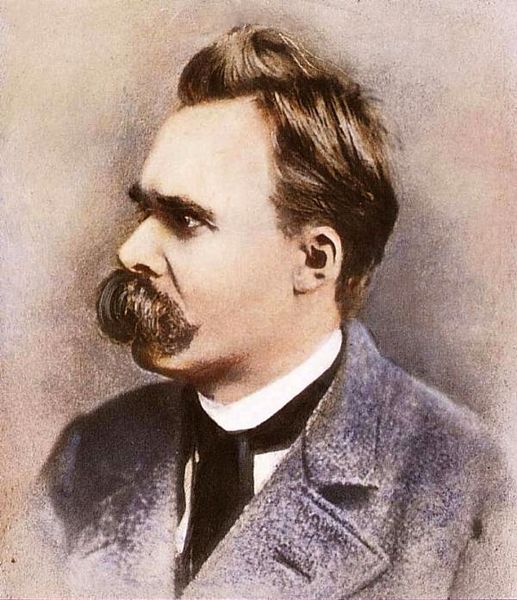

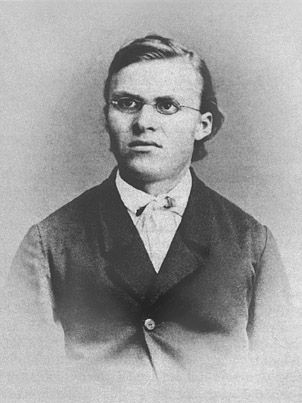
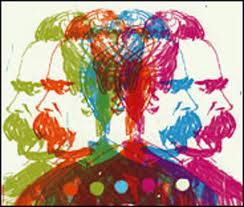
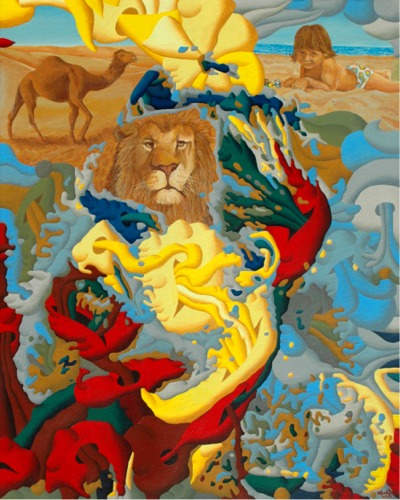
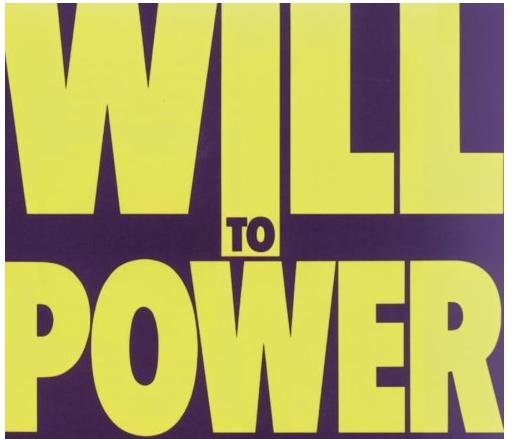
“Nihilism is . . .
not only the belief that everything deserves to perish; but one actually puts
one’s shoulder to the plough; one destroys”
(Will to Power)